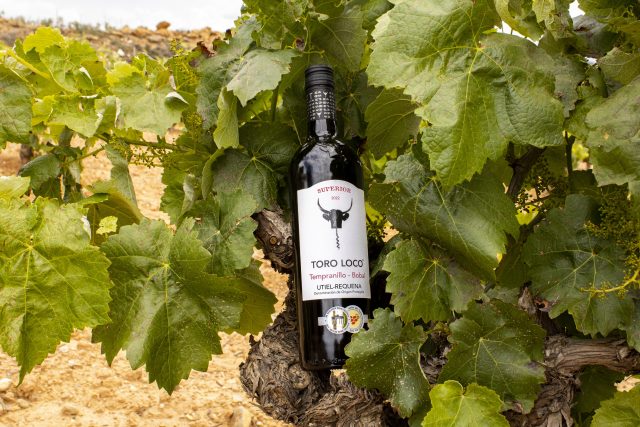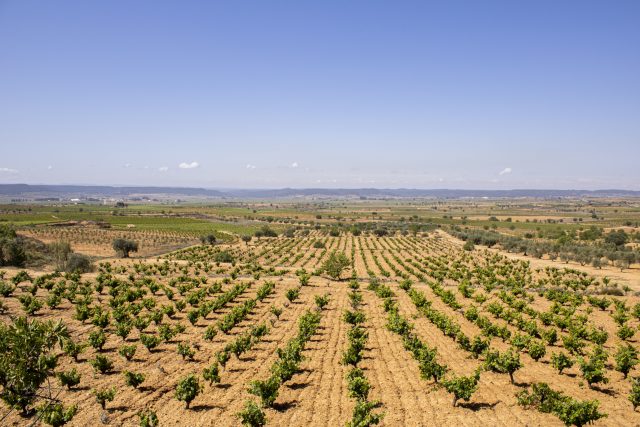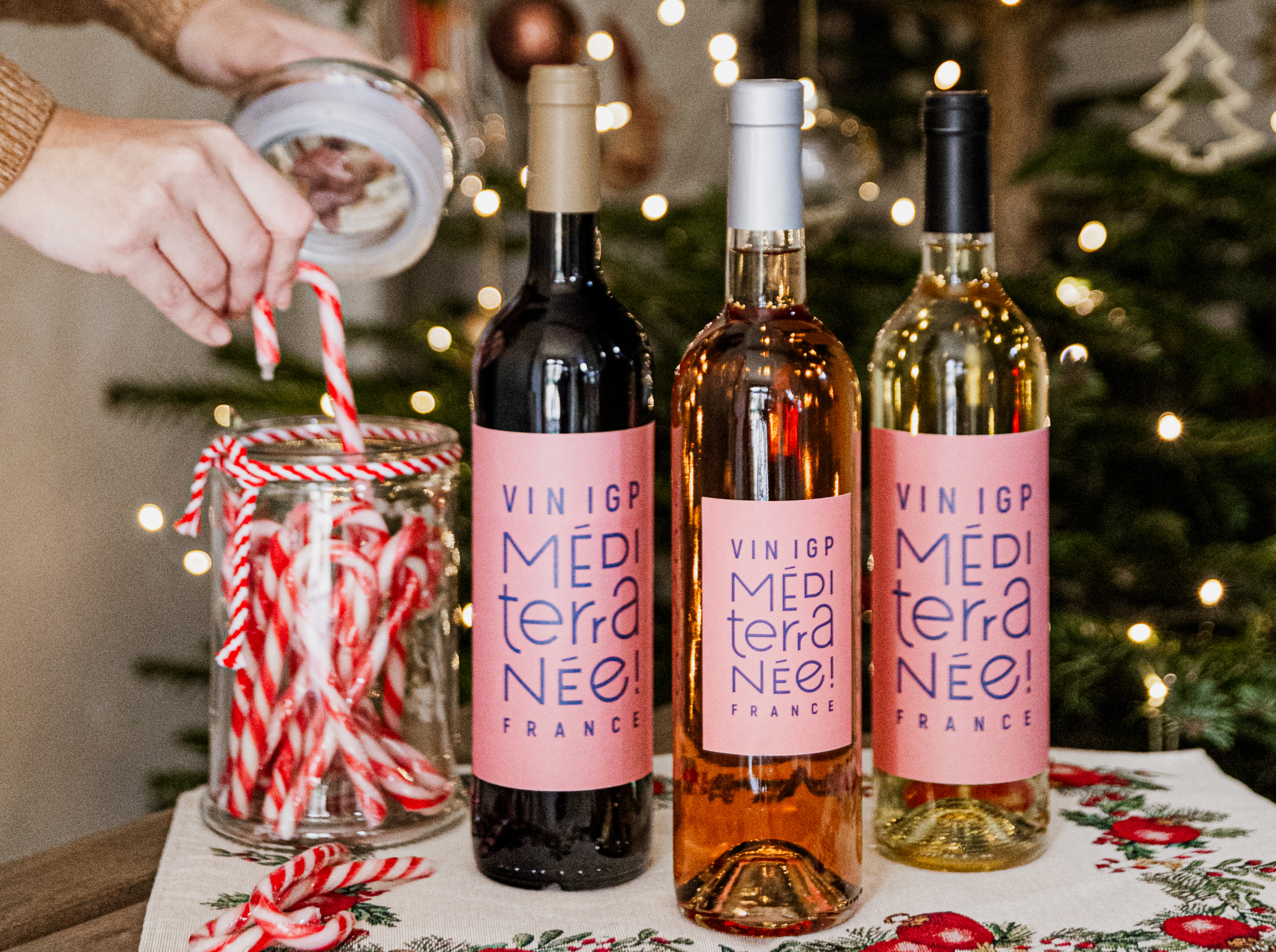Toro Loco proves bullish about Bobal’s potential
Toro Loco from Utiel Requena has found a perfect pairing of brand, variety and region with its Bobal-based wines.

Bobal sits only behind Tempranillo and Garnacha in a ranking of Spain’s red grape plantings. Though most widely planted in La Mancha, the huge denomination south of Madrid, the grape is increasingly recognised for quality in smaller appellations to the east, including Utiel Requena. In the up-and-coming region, BVC Bodegas (a Spanish subsidiary of AdVini) puts Bobal to use in its internationally accoladed Toro Loco range.
For the brand, and the 3,000 families working in the cooperative behind it, it is the perfect marriage of region and variety. Toro Loco translates as ‘crazy bull’, a name which gives some indication of the fun market position. Both grape variety and region combine for a range that is deliberately friendly, accessible and crowd-pleasing.
Bobal is an ideal match for the consumer-friendly wines; indeed, the grape’s name was the inspiration for the branding. Bobal is a corruption of ‘bovale’, Latin for bull, and so named for its tight bunches that resemble a bull’s head. The opportunity for a characterful brand was immediately plain. Yet the grape’s viticultural qualities also made it a clear asset in producing an accessible brand.
Using Bobal, which features either in single varietal wines or in tandem with other Spanish grapes, has allowed BVC Bodegas to build an effective identity. Despite its substantial area under vine, the grape flies under the radar with international consumers. As more and more drinkers wish to explore local varieties, using a grape native to Utiel Requena offers a point of difference.
The grape is also ideal for making accessible wines. It naturally creates an approachable style that matches international tastes. The flavour profile – velvety red and black fruits – has similarities with wine list mainstays such as Malbec, Merlot and its Spanish sibling Tempranillo. When grown in the potentially blistering Spanish heat, it retains acidity and relatively low alcohol levels for a more manageable red. It even has notably high levels of antioxidants.
Partner Content

The region, in many ways, mirrors the grape’s advantages. As a small DO, roughly half the size of Rioja, Utiel Requena has a boutique interest for consumers looking beyond the big players. Less than 50 miles east of Valencia, the region sits on a high altitude plateau that averages 750m in altitude. The higher sites and Mediterranean influence keep the wines fresh in an area where ripeness is seldom an issue.
Moreover, as a less famous region, demand is not driving prices to unsustainable levels. Combined with Bobal’s naturally high yields, it means wine can be produced at a keen price point. This is vital to the brand’s accessibility. Rather than appealing only to the well-off, the characterful wines are almost universal. They appear, for instance, in Aldi supermarkets in several markets, retailing there for less than £5 in the UK. This is all the more impressive considering the wines routinely win international medals, including at the Global Wine Masters in both 2022 and 2023.
The appeal to customers is clear, and growing as it responds to market trends. As the average drinker becomes more knowledgeable about sustainability, the Toro Loco brand has enacted new initiatives: lighter bottles, vegan production and minimising vineyard treatments.
The overall result is a brand that can proudly advertise its quality and origins, even as it remains affordable for the mass market. Certainly the ‘crazy bull’ brand adds fun appeal to the range, but the strategy seems anything but. Then again, perhaps the sensible bull – ‘Toro Sensato’ – would not sell as many bottles.
Related news
Refined wines define Martínez Lacuesta's 130-year legacy




